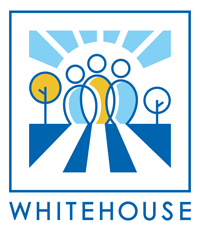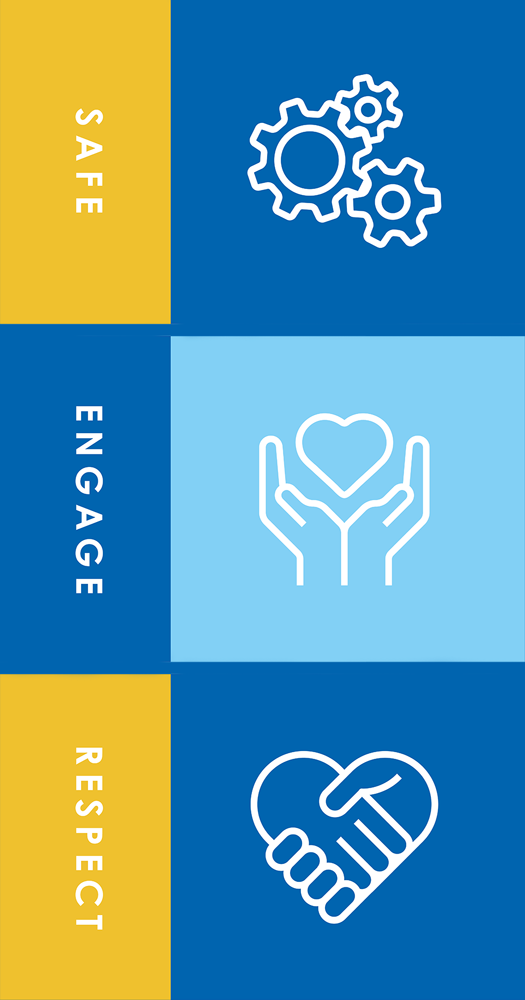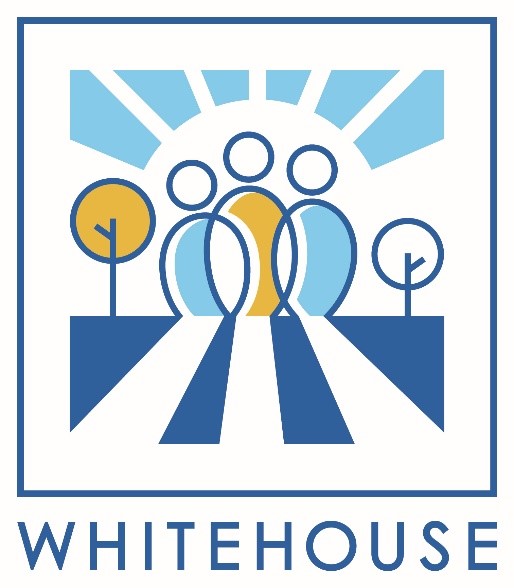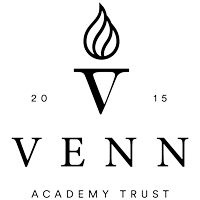Why do we teach Reading at The Whitehouse?
At The Whitehouse Pupil Referral Unit, we believe that reading is an essential life skill and we are committed to promoting in the children a love of reading and giving them opportunities to access and study a wide knowledge of reading genres and styles.
At the heart of our strategy, is our drive to foster a love of reading in everyone, enriching children’s learning through carefully designed teaching activities that utilise imaginative stories and thought-provoking texts. We recognise that reading is a skill that enables children to develop their learning across the wider curriculum and lays the foundations for success in future lines of study and employment.
We will endeavour to work with the pupils to close any gaps in knowledge and to support the children to feel more confident about their reading as they move onto their next setting.
What is the Reading curriculum offer at The Whitehouse?
We teach reading through the study of narratives, books, poems and plays. We carefully select our books to ensure they are interesting to children of all abilities, that they cover a range of genres and will appeal to a wide range of children with different reading experiences.
All children will have three guided reading lessons a week, where the teachers will develop their reading comprehension and vocabulary skills to ensure they develop the skills necessary to be successful in their schools. We understand that many of our children may come to our setting with issues or prior experiences which make them reluctant readers.
On entering our setting, we will quickly assess our children and put a programme of support or phonics in place if required to support the children, help them engage in reading and become a successful, independent reader. To this end, there is an expectation that children will read to an adult every day and those who still require support with phonics will have a daily phonics lesson (for further information on our phonics scheme, please read our phonics page).
We also like to model reading and engage the children in age appropriate books regardless of their reading ability through the teacher sharing a story or book with them regularly throughout the week. As a school, we use Bug Club to provide the children with books from phonics through to independent readers to support and stimulate the children with their reading in class. These books are also available digitally so the children can engage in reading at home too.
What is the reading ambition for pupils at The Whitehouse?
Regardless of starting points and barriers for learning, every child at The Whitehouse will be given the opportunity to develop and improve their reading. We acknowledge that the start of the journey at The Whitehouse will be different for individual pupils. This may start from decoding and word reading, fluency or understanding complex texts through comprehension skills.
Reading will enrich and enhance their vocabulary acquisition and the development of language knowledge is actively promoted in all aspects of school life. Our ambition is that all pupils will develop a love of reading, personalised to their own reading choices and this will help them to be confident learners in their next stage of education or back to their mainstream setting.
Reading is the gateway skill that makes all other reading possible – Barack Obama
What are the stages of reading?
In the simplest form there are three stages to developing reading skills:
- Phonics is the approach to decoding. The systematic synthetic phonics programme at The Whitehouse is Bug Club (see Early Reading and Phonics section) although, we do offer schools the option of continuing their phonics programme if the school provide us with relevant materials and resources.
- Fluency is the bridge between word recognition and comprehension. This is because fluency connects accuracy and automaticity and prosody to enable a pupil to read confidently at a reasonable pace and with understanding.
- Comprehension is the ability to understand a more complex text and interpret their meaning.
How do teachers deliver an ambitious curriculum at The Whitehouse?
The National Curriculum is used as a framework for our reading curriculum, but we aim to enhance and personalise it to the Whitehouse pupils. Pupils access a range of high-quality texts regardless of their reading abilities with teachers facilitating this through daily reading aloud, individual and shared reading opportunities.
What books do we read at The Whitehouse?
Whitehouse pupils access a range of high quality progressively challenging books across their time at our school. These books are selected for their subject matter, links to the curriculum and to widen and develop their cultural capital. Pupils will access a range of books from different authors, different viewpoints and genres and these will reflect a more diverse world.
The purpose of these texts is to challenge the pupils thinking and encourage them to deepen their understanding of the world and relevant issues. Although these class texts are carefully selected, we do offer many opportunities for the children to pursue their own interests in the books they choose to read for pleasure.
How is reading taught?
At The Whitehouse, Guided reading teaching sequences embed key skills in comprehension, extend and challenge vocabulary and develop questioning. We acknowledge that some pupils may not be able to independently read age-appropriate texts therefore, teachers make adaptations to meet the individual needs of the pupils in their classes.
To support the pupils, teachers plan activities that provide the pupils with opportunities to work as a class, group, pair or individually to help them share ideas, model, and scaffold each other in their learning. In addition to this, all children have a daily 1:1 individualised reading programme to meet their needs in their stage of development in reading supported by highly trained staff.
How do we enrich and develop a love of reading?
There are many opportunities outside of reading lessons that enhance the reading provision, some of these include:
- Weekly access to a well-stocked, high-quality library
- Timetabled daily story time in all classrooms
- Access to the local Library service who provide books, story sacks and topic packs for all areas of the curriculum
- Home and school access to Bug Club digital books
- Participation in national and local reading events such as The Big Malarkey and World Book Day
As a school, we prioritise reading in all aspects of the curriculum and where appropriate we encourage writing to be developed through the reading book in class.
How do our staff support the children’s development of reading?
The Head of School and leadership team prioritise reading across the school. All teachers and support staff are regularly trained to support readers at different stages of development, and they are able to support and challenge effectively. (see Early reading and phonics section)



